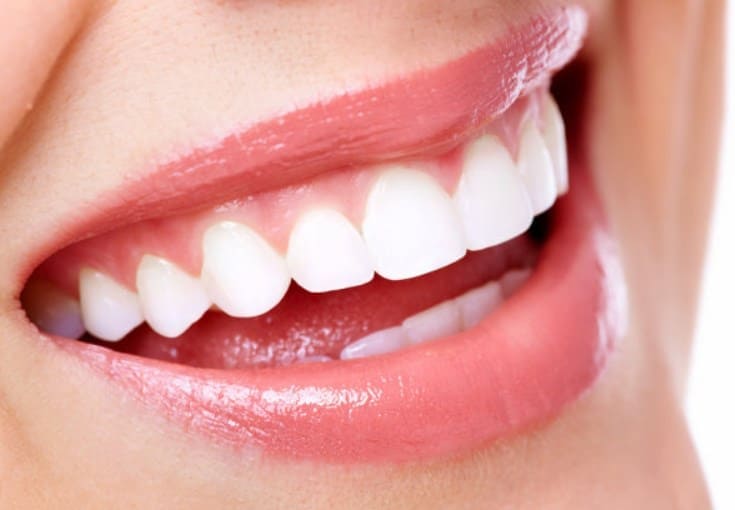
Gum Disease Treatment (Periodontology)
Periodontal diseases are caused by the inflammation of gingiva and tissues that support gingiva. The real cause of such diseases is irregular and insufficient oral and dental care. Sometimes even regular brushing of teeth cannot be sufficient. Both regular and correct brushing, using dental floss and control visits to a dentist every 6 months is very important.
Onset of gingival diseases is the inflammation of gums (gingivitis) with the following signs:
- If gums bleed with brushing,
- Swelling, redness and sensitivity in gums,
- Sensitivity against hot and cold in gums,
- Bad breath,
- Loose teeth.
In addition to the above, you can feel discomfort when breathing in cold air or when you brush your teeth. Since knowing the cause will help the dentist in solving the problem, you must consult your dentist if you experience such painful events and you must have this problem solved.
Some drugs used in systemic diseases such as high blood pressure can also cause gingival hypertrophy and gingival bleeding associated with this hypertrophy, and loss of teeth at advanced stages. Untreated gingival diseases can lead to gingival recession, loose teeth, and then loss of teeth.
What are the most common causes of gingival sensitivity?
- Too hard brushing, or using bristle toothbrushes in order to achieve good oral hygiene can cause wearing of gingiva, gingival recession and sensitivity. In such cases, you can try using a soft toothbrush with a little amount of toothpaste.
- Teeth grinding: Many patients clench or grinding their teeth especially when sleeping. This also will wear the enamel of teeth and will result in sensitivity. Mouth guard protector for sleeping will be recommended for the patients in order to avoid this problem.
- Acidic foods and drinks: Foods and drinks containing excessive amounts of acid will damage the enamel of your teeth and will cause sensitivity. In addition, such foods can also cause decays in your teeth. Although saliva has the capability of coping with such foods and drinks, it is recommended that these foods and drinks should be avoided, is possible
- Formation of plaques: Plaques formed in the oral cavity will lead to gingival problems and dental sensitivity if not removed. Plaques will also cause wearing off in bones and in turn loss of teeth in relation with the loss of support of bones. Regular toothbrushing and periodic visits to the dentist are required in order to diminish plaque accumulation.
- Broken and cracked teeth: The nerves can be exposed if you have broken or cracked teeth, and it is possible that this will end in pain and sensitivity. You must visit your dentist if it gets worse.
- Gingival disease: Gingival diseases can result in gingival recession or hypertrophy, or recession of the gingival border. Gingival diseases can be prevented with a good oral care as well as routine visits to the dentist.


